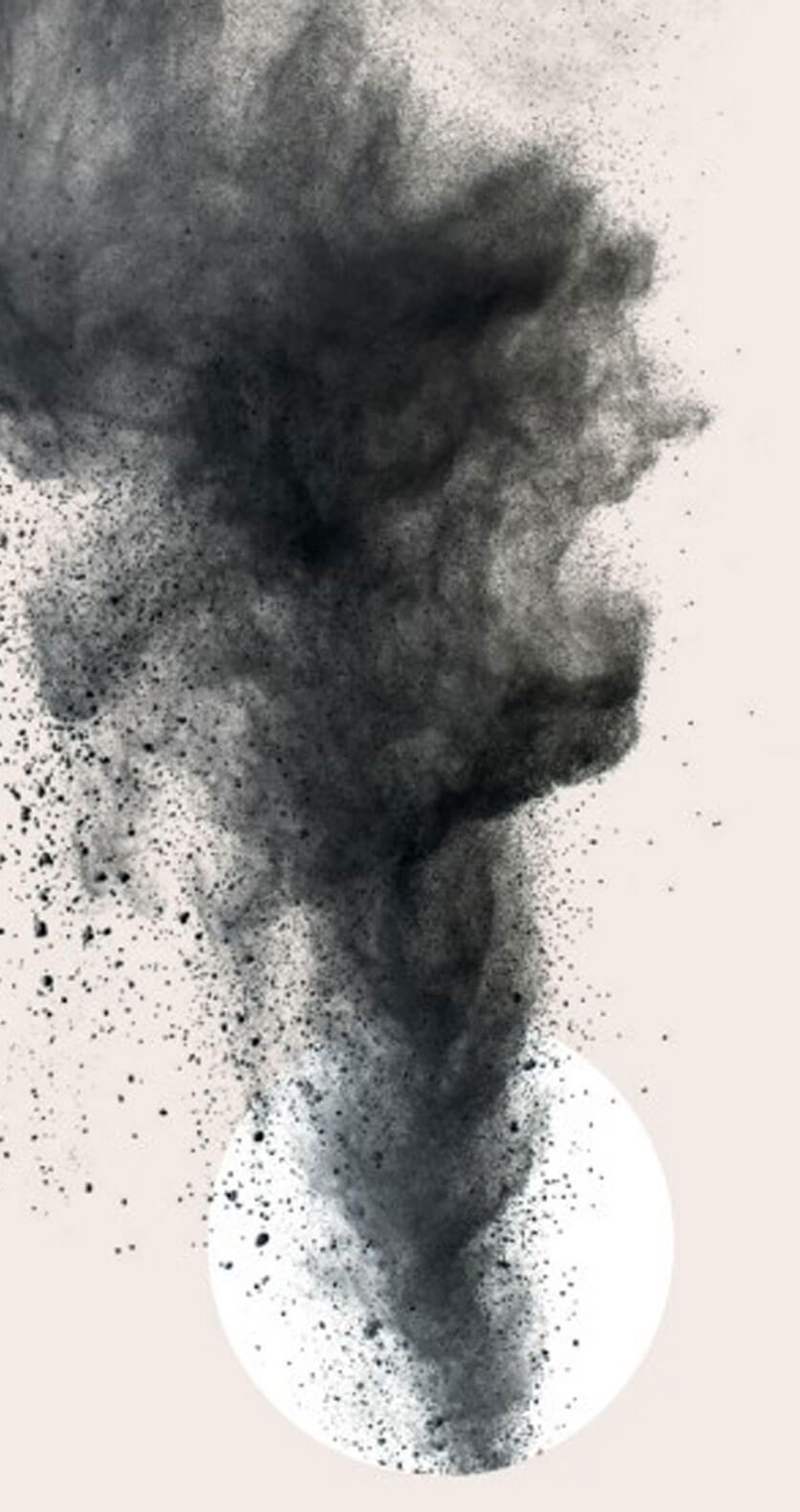LIFESTYLE
7 Films and Series about Racism
A Must Watch!
Stéphanie O'Brien, Perrine Crequy 1 / Madame Figaro
22-June-2020
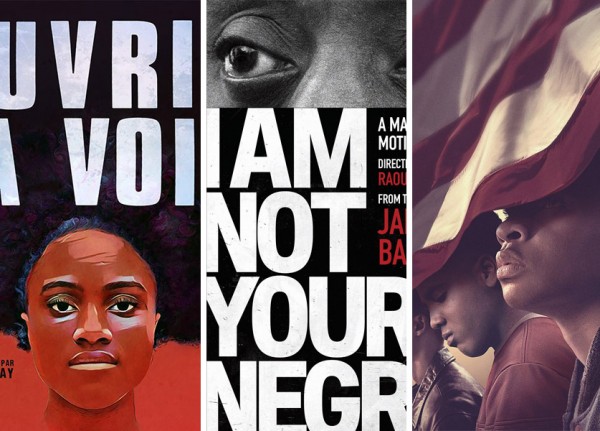
Since the death of George Floyd, during a violent arrest of the police in Minneapolis on May 25, celebrities and protestors have been calling for an anti-racist change in mentality and education. Here are seven documentaries to tackle racism, criticize prejudice and raise voices of women, in particular.
“We are entering a world in which we choose to see and face. We choose to become aware, to react, to change together, " wrote actress Leïla Bekthi in a long message on Instagram, referring to the death of George Floyd on May 25th and that of Adama Traoré on July 19th, 2016. Sad, angry, confused... anonymous people on social media and celebrities reacted by showing their support for the #BlackLivesMatter movement. Among these voices, some, like that of the actress, are calling society to raise awareness against racism through education and culture.
In recent years, film and documentary have tackled racism in order to show its many perspectives. Overwhelming and rich in lessons, these visual art creations challenge our prejudices and invite us to have another look at this subject that haunts our societies. If you haven't seen them yet, here are seven films, documentaries or series not to be missed.
Speak Up, documentary by Amandine Gay
In this documentary, director Amandine Gay walks in France’s black women shoes. Invisible and unheard in public places, the film gives them back their voices. 24 testimonies were collected by the director, where women talked about prejudices of which they are the object to, such as sexual fetishization, education, depression, discrimination or communalism. "I wanted to show, through this documentary, that there are many black women who have an exceptional and different life paths. Burlesque women, veiled and feminist women... Girls who are just living their lives," Amandine Gay explained to Cheek Magazine when her documentary was released in 2017.
Les Misérables, movie by Ladj Ly
The Movie received the Jury Prize at the Cannes Film Festival in 2019 then the best film at the César Awards in 2020, where it won three other awards, it was the feature film by director Ladj Ly that acted like an electric shock. His story evolves around a police shooting during the arrest of a teenager in Montfermeil, the director shows the ghetto life in which he grew up. Avoiding drug-rap-gun clichés, the film will put the viewer at the heart of the tensions between the police, the Muslim Brotherhood and children in the suburbs.
"In the guettos, there are neither good nor bad guys. There are police officers, residents, mothers, kids, of all colors and all religions, who do their best to live and survive. I also insist on this: I am not against police. I also know how difficult their job is," clarified the director during an interview.
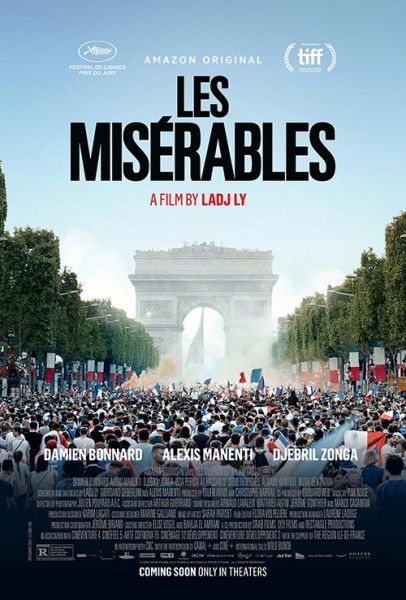
When They See Us, mini-series by Ava DuVernay
In 4 episodes, the mini-series tells the story of 5 teenagers; 4 of them back and one Hispanic, who were unjustly accused for raping a white jogger in Central Park in 1989.
Back to the event scene, where the five boys were arrested and then sentenced to prison, Ava DuVernay describes the way in which racism operates in the American judicial and prison system. The director has released ARRAY 101, an educational platform intended for teachers and their students to discuss more about racial inequalities.
The Hate U Give, movie by George Tillman Jr.
It is a movie that denounces police violence and a system that leaves ghetto’s people without treating them well. In this drama set against the backdrop of the Black Lives Matter movement, the talented Amanda Stenberg embodied the character of Starr Carter, a teenager who’s split between two worlds. For her white high school colleagues, Starr is the good, well-integrated black friend, however, for her neighboorhood, she’s the girl who turned her back on her community. Lost between her two lives, Starr is caught up in the reality of the ghetto the day she witnesses the murder of her childhood friend by a white police officer. By bringing Angela Thomas' book to the screen, director George Tillman Jr. shows the difficulties many African-American families face everyday.
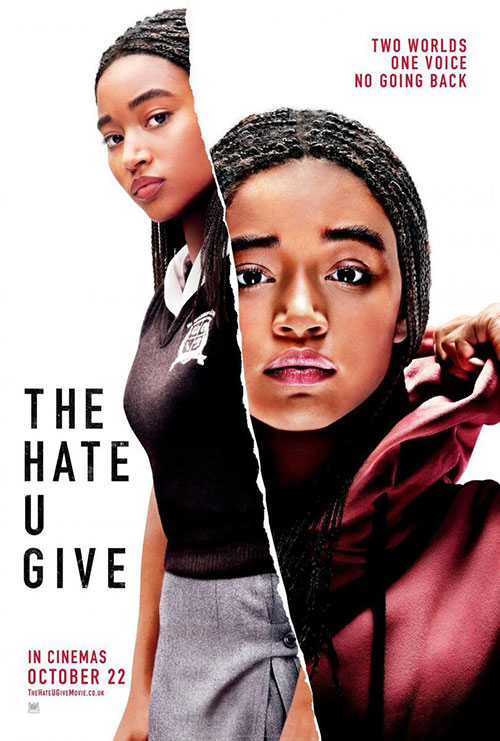
I Am Not Your Negro, documentary film by Raoul Peck
"I am not a Negro. I am a man. If you think I'm a Negro, that means you need it. You must understand why. The future of this country depends on it.” These prophetic words were spoken in 1968, by the black-American writer James Baldwin during a TV interview. Combining excerpts from TV shows, archival documents from years of civil rights fights and current images, the documentary I Am Not Your Negro tackles the roots and effects of anti-black racism in the United States. The documentary, which won a César Award for best documentary in 2018, took ten years of by Haitian director Raoul Peck.
At 1h:34min, the director took up the challenge of writing in pictures the resume of book that James Baldwin could not finish during his lifetime, and whose object was to tell the history of America dominated by whites. A story woven through the fight of three great civil rights figures: Medgar Evers, Martin Luther King Jr. and Malcolm X.
Green Book, movie by Peter Farrelly
In the early 1960s, Dr. Don Shirley, a wealthy, black pianist of Jamaican descent, hired an Italian-American bouncer, Tony Lip, who’s fairly racist without being a bad guy, and who is in terrible need of money. The duo travels from the Midwest to the South for a tour to the most racist lands of America. A journey punctuated by elitist concerts, humiliations and nights in motels without stars - but referenced in the "Green Book": a guide for the traveler of color, listing the establishments who are likely to welcome him. This biographical film reveals in humorous way, the racist laws, in force until 1964. This odyssey ends with a happy ending.
It was rewarded by three Oscars, including that of the best film, in February 2019, "Green Book" is however described by the black American community, as a symbol of "whitewashing" in cinematography.
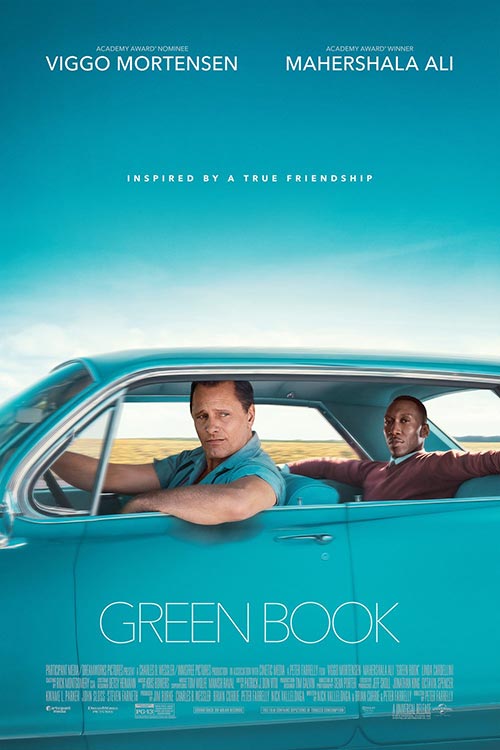
BlacKkKlansman, movie by Spike Lee
Inspired by real life events, this movie tells the story of Ron Stallworth, the first young African American to join the Colorado Springs police.
Assigned to the intelligence department, the young agent comes across an advertisement for the Ku Klux Klan in the local newspaper and sees it as an opportunity to enter the organization. His only weapons are the phone and his intelligence. Working his diction and adopting the vocabulary and the mentality of their colleagues in the secret agency, investigator Stallworth manages to fool his suspects and to outsmart their terror operations.
The movie which won the Jury Prize at Cannes in 2018, recalls the dark hours of post-segregationist America while revealing the destiny of Ron Stallworth. It shows another facet of racism: discrimination at work. The director, Spike Lee also lays the foundations for an analysis of the current political situation in the United States.





